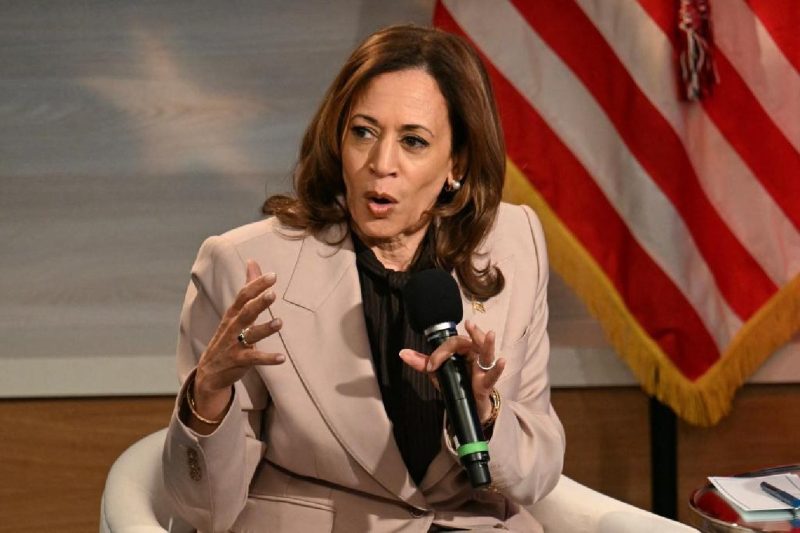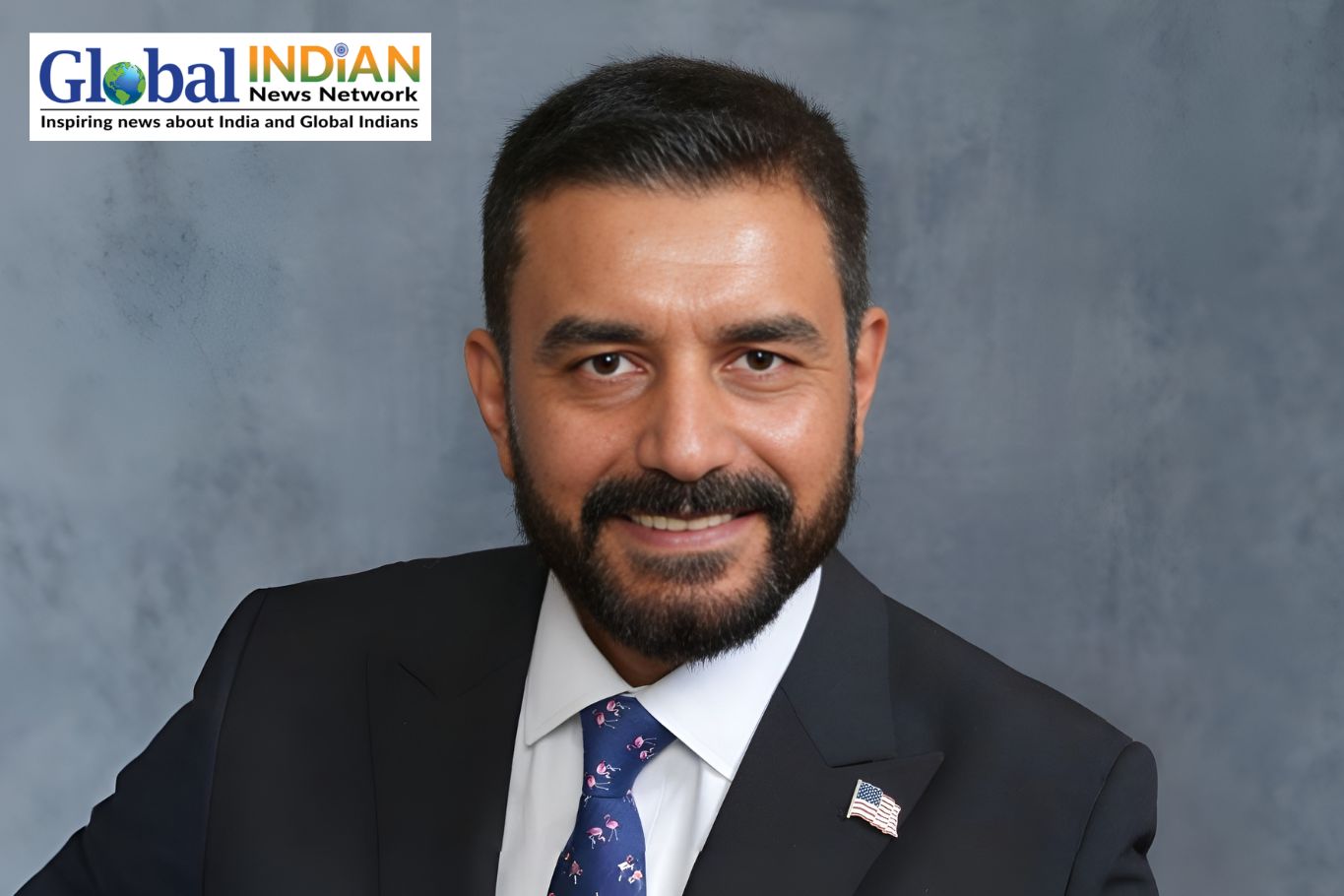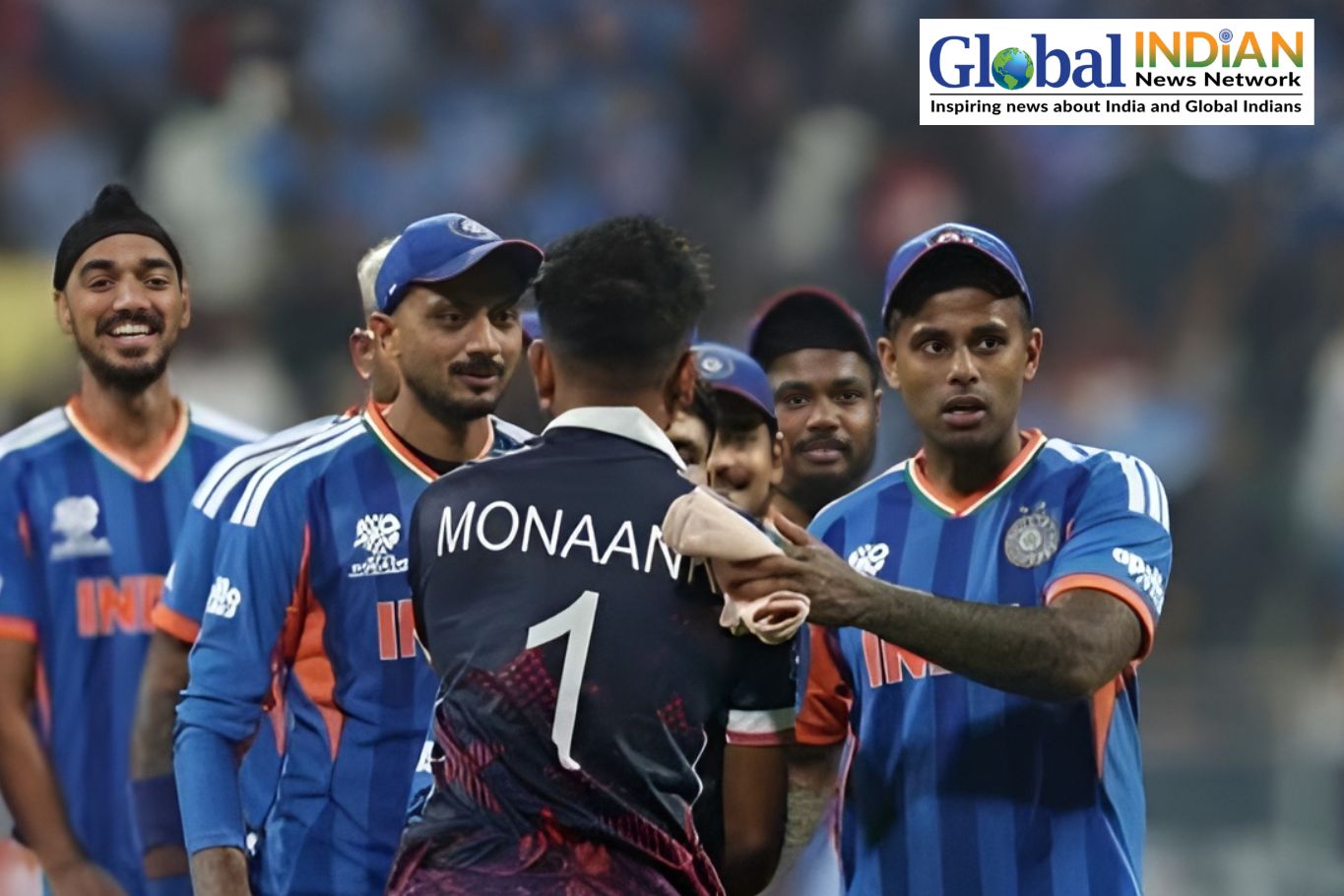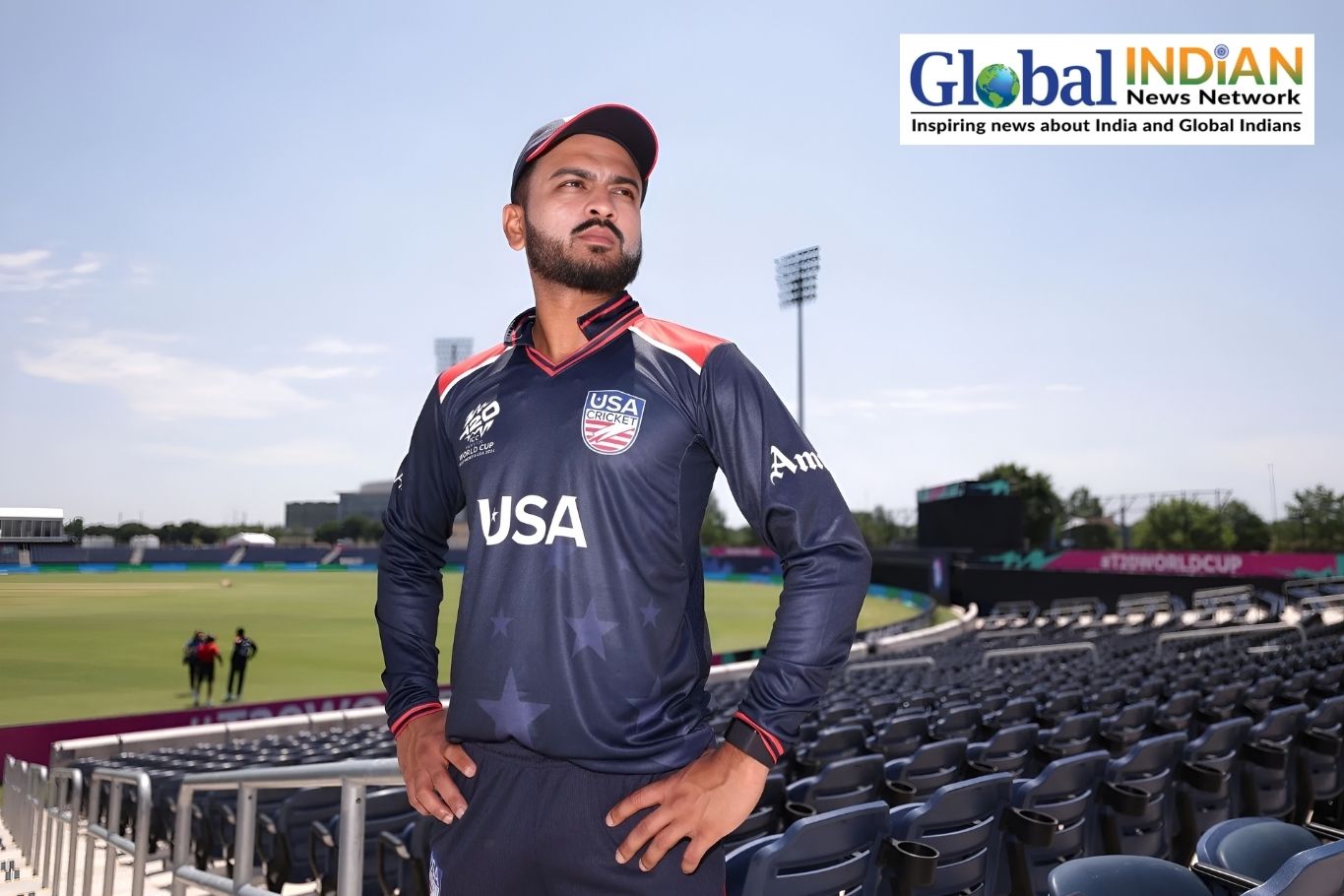 As Indian-American voters gather to vote in the November 5 US presidential election, one might expect Kamala Harris, with her Indian heritage, to secure overwhelming support from this community. Yet, that isn’t necessarily the case. If Donald Trump, the Republican candidate, wins what is anticipated to be a tight race, he may have young Indian-American men to thank for a surprising level of support.
As Indian-American voters gather to vote in the November 5 US presidential election, one might expect Kamala Harris, with her Indian heritage, to secure overwhelming support from this community. Yet, that isn’t necessarily the case. If Donald Trump, the Republican candidate, wins what is anticipated to be a tight race, he may have young Indian-American men to thank for a surprising level of support.
Indian-Americans make up about 1.5% of the US voting population but are recognized as a rapidly expanding, influential voting group. Interestingly, younger male voters within this demographic, who traditionally leaned Democrat, are now increasingly supporting Trump.
This shift partly reflects economic priorities. For many second-generation Indian-Americans, the desire for stability and prosperity has made Trump’s economic policies more appealing than those of Kamala Harris. Affluence in this group has also fostered a tilt toward conservative values. Notably, the Trump campaign tapped into this sentiment, working to appeal to young Indian-American men, while Harris’s association tends to be more with Black rather than Brown communities.
Trump has made efforts to strengthen ties with the Indian-American community, even highlighting his relationship with Indian Prime Minister Narendra Modi. This outreach, including discussing Modi’s Texas rally, ‘Howdy Modi,’ aimed to show Indian-American voters that Trump supports their interests.
This strategy, spearheaded by Trump’s son, Barron, involved appearances on popular podcasts like those of Theon Von and Joe Rogan, to engage with younger audiences. Many Indian-American men appreciate Trump’s stance on conservative values and economic policies, contrasting with Democratic views on immigration and identity politics.
While first-generation immigrants were wary of Trump’s stance on immigration, the priorities for second-generation Indian-Americans—like jobs, inflation, and economic stability—often align with Trump’s platform. Data-driven campaign strategies have targeted these non-traditional Republican supporters, with a Trump campaign member noting that they focused on groups not typically engaged in politics.
Overall, this election cycle has underscored a divide between progressive and conservative values, with young Indian-American men increasingly seeing Trump’s policies as better aligned with their aspirations for economic security and growth.









